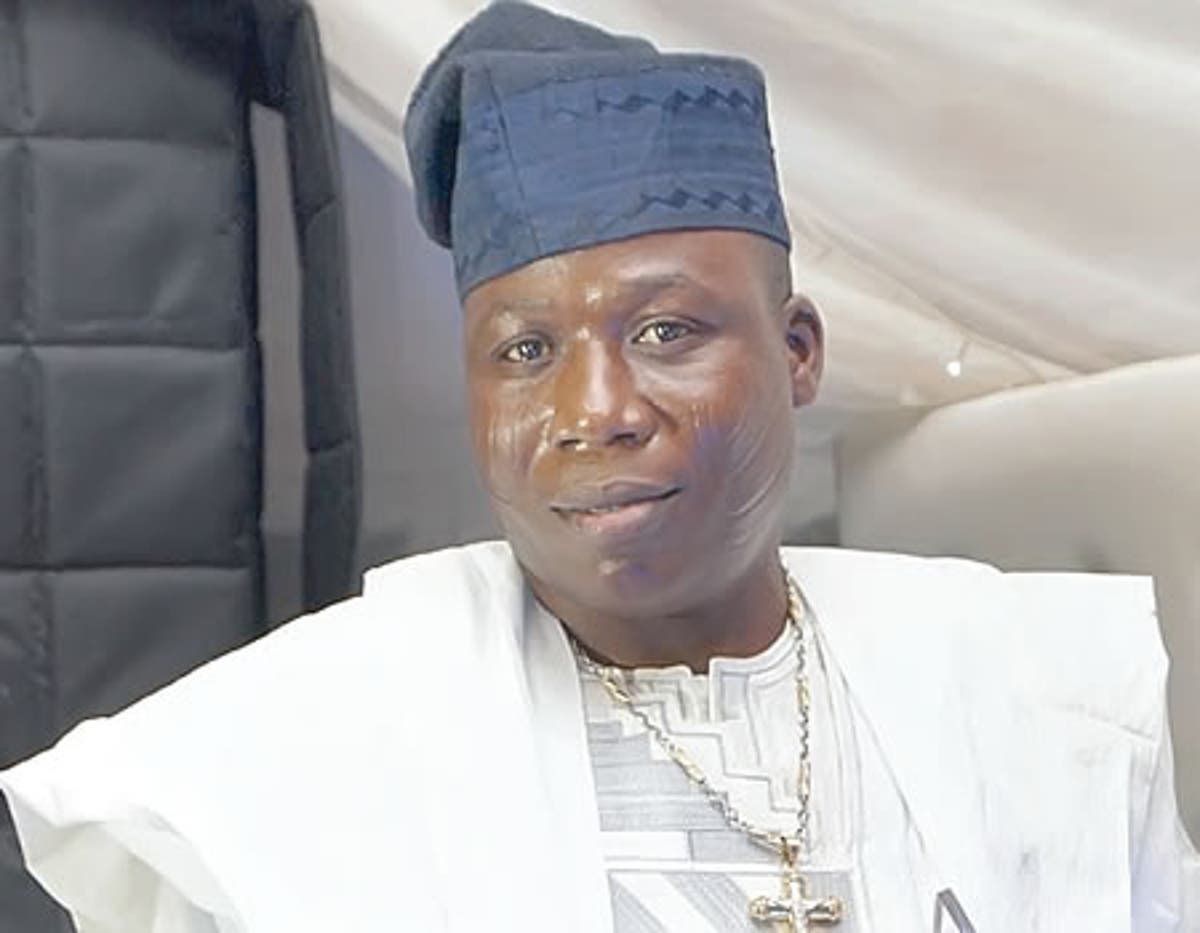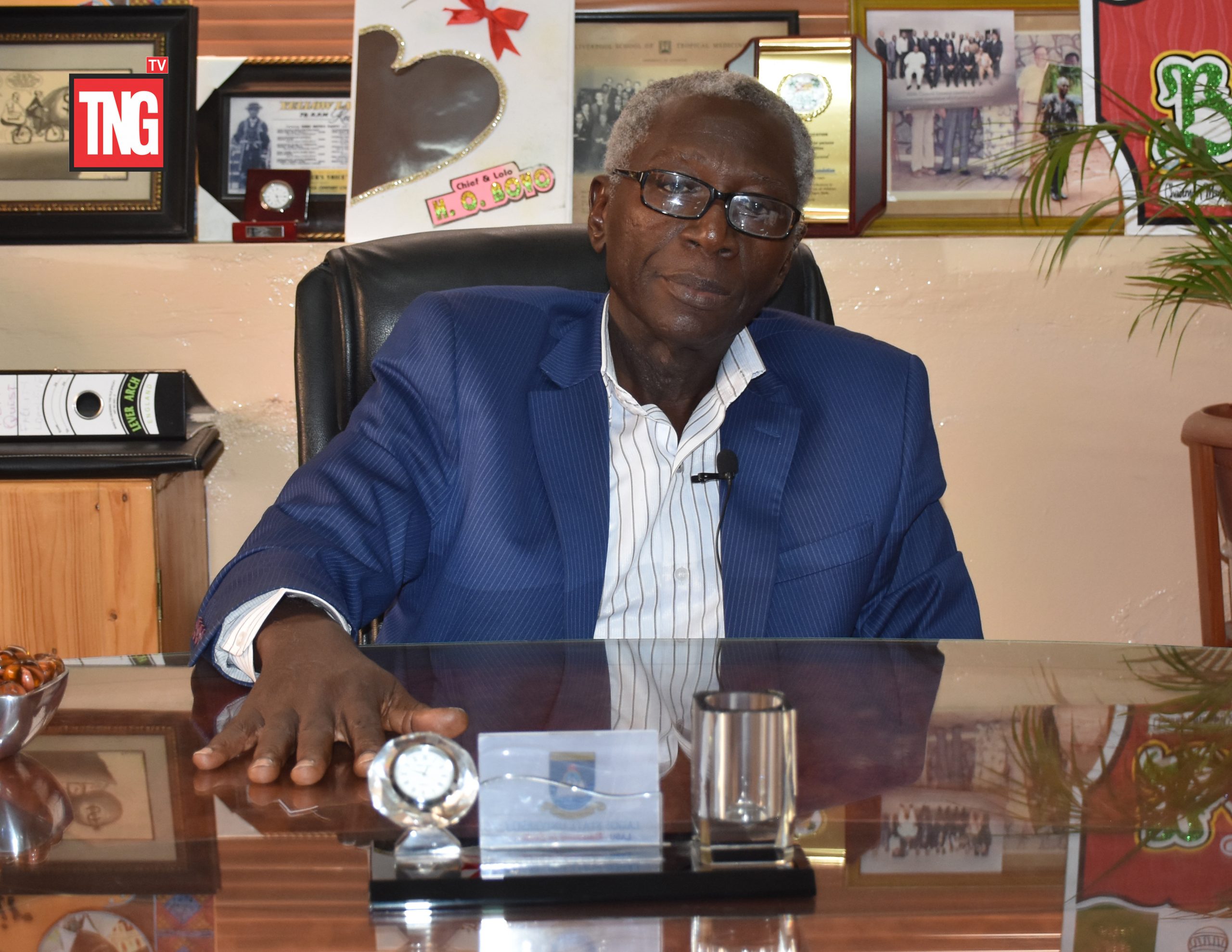(A REJOINDER BY ETUBOM ANTHONY A. ANI – FORMER MINISTER OF FINANCE – 1993-1998)
“The above question was posed in an article in The Punch Newspaper edition of September 9, 2019, by Columnist, Henry Boyo. I have been a daily reader of Punch for the past 10 years and I have not yet, read any comments from anyone on this question. There is need to discuss this issue, as it appears that there is massive foreign exchange laundering, going on in our banks. As the architect of the Diaspora Remittances in 1996, I am naturally concerned at the abuses disclosed by Mr. Boyo.”
“When in 1995, we at the Ministry of Finance, reviewed the country’s sources of foreign revenues, we found out that nothing was coming in from Nigerians in the Diaspora, whereas India and Jamaica were living on foreign exchange from its citizens abroad. When I enquired why Western Union and MoneyGram could not receive money from Nigerians abroad, I was told that it was due to our tax laws. As a Chartered Accountant Student in 1962, I studied Comparative Commonwealth Taxation-Nigeria, Jamaica and UK, and I found out that the tax laws of these Countries had the same wordings on imposition of tax (“tax is imposed on income accruing in, derived from or brought into”) the question then to me was why income “brought into” India was not taxed in India. On enquiry, I found that India had modified its tax laws to accommodate its citizens living abroad who wanted to send money in foreign exchange to India. In 1996, I had proposed (and it was accepted by the Federal Executive Council) in a new law, regarding Nigerians repatriating remuneration from abroad, Nigerians repatriating dividends, royalties, fees, commissions from foreign countries receipts by authors, sportsmen/women, musicians, play writers, artist, etc. Such income repatriated into Nigeria in foreign currency was 100 per cent exempted from tax, provided the foreign currency was repatriated through a domiciliary account with a Nigerian bank! With the promulgation of this law, First Bank Nigeria Ltd brought in Western Union in august 1996 while USA brought in MoneyGram a few weeks later.”
“In 1996, Nigerians, abroad, repatriated about $4.5bn (about 50 per cent of our gross revenue from oil) and we ensured that these amounts were brought into Nigeria, intact, in foreign exchange. The receipts increased exponentially in 1997 and 1998 and we also made sure that they were received in Nigeria, in foreign currency. The receipts helped to stabilize our exchange rate mechanism at N82 to a dollar, throughout my tenure as Minister of Finance, to the extent that Naira was internally convertible currency.”
“Some years ago, on my visit to London, I went to Western Union office, at Marble Arch, to test by remitting £500 to my son in Nigeria. I first had to convert the money to dollars and to my surprise; Western Union gave me a quote in Naira to be claimed by my son. I refused their Naira equivalent and insisted that my son must be paid in dollars. It was obvious to me, that there was an arrangement between our Nigeria Banks and Western Union/MoneyGram, whereby the former pays from their excess Naira liquidity while the later retains the dollars abroad. In other words, the dollar remittance is retained abroad and is laundered by the Nigerian Banks. This is definitely against the law which provides that all remittances must be brought into Nigeria in foreign currency via domiciliary account.”
“If by chance, as in my case, the dollar is remitted into Nigeria, the Central Bank of Nigeria (CBN) on 14th August 2014 introduced the Outward Money Transfer Service and authorised the same MoneyGram and Western Union to re-export, in tranches of $5000 per transaction, to Nigerians abroad, on payment of the Naira equivalent at the CBN rate of exchange. Thus, Nigeria is the only country in the world re-exporting its remittances. It is relevant to note that the Naira is not a convertible currency but remittances which are meant to stabilize our exchange rates are re-exported! There is something wrong at our Central Bank. It could be that we have imported the mentality of commercial banking into CBN. We now need real Central Bankers to govern our Central Bank. We have Central Bankers amongst those in CBN, and we also have Central Bankers amongst the members of the Nigerian Economic Society (NES) or, alternatively, indeed, we can even go outside Nigeria to employ Central Bankers. The fact is that Diaspora remittances are not retained in Nigeria and there is a collaboration between CBN, Nigerian Banks and Western Union/MoneyGram; in such event, Government must investigate the infraction, punish the money launders, and recover all past Diaspora remittances retained abroad! The Outbound Money Transfer Services must be stopped and all our remittances retained for Naira stability and the Nation’s development.”
COLUMNIST’S POSTSCRIPT OCTOBER 2019: Chief Anthony Ani, was, notably, former Chairman of KPMG (a renowned, International Intervention Accounting Firm), before he was made Finance Minister, between 1993-1998, in General Sani Abacha’s regime. Arguably, the duo of Tony Ani, a highly accomplished Accountant, and Professor Sam Aluko, a cerebral Economist, by any standard, formed the nucleus, of the engine room, of creative policies, that stabilized and positively drove Nigeria’s economy, such that, despite our International Pariah Status, and the trade and economic sanctions imposed, in response to Abacha’s dictatorship, Nigeria’s economy was positively turned around and moved from minus 2.0 per cent growth in 1993, to minus 0.1 per cent by 1995; thereafter in 1996, the economy grew steadily by 4.2 per cent, and remained above 2 per cent until 1999!
Furthermore, the Consumer Price Index, also dropped from over 57 per cent in 1993 to 10 per cent in 1998; while, inflation receded further to 6.6 per cent by 1999.
Similarly, the Naira remained stable at N82/$ for over 4 years, even, with modest crude oil prices between $14-22/barrel; Nigeria’s forex reserves, also, exceeded $4bn, while another $3bn surplus was consolidated in a newly designated Excess Crude Account!
Arguably, the astute economic management which stabilized the Naira between 1994-1998 is certainly elusive today; the Naira rate has since plummeted, to N305-360=$, even though crude oil, (the subsisting mainstay of Government’s annual income) has, largely, remained above $40/barrel, with average output of about 2million barrels/day.
The preceding intervention of Tony Ani is therefore timely. It would, indeed, be inexplicable, if the EFCC and other investigative Agencies of Government, pretend that the law has not been broken in the manner in which CBN, the Money Deposit Banks, MoneyGram and Western Union, collude to usurp the substantial dollar inflow that could quickly firm up the Naira, and plug the drain pipe of fuel subsidy; evidently, a much stronger Naira would significantly increase purchasing power, in every household and ultimately drive vibrant consumer demand, that would encourage manufacturers to increase production and create more jobs!
Curiously, though, on closer examination, CBN’s policies overtime have always seemed designed to featherbed the banking sector to the detriment of the real sector, particularly, SMEs and close to 200million other Nigerians. Alarmingly, in addition to the annual ‘theft’ and diversion of the lifeblood of billions of Diaspora dollars into private accounts, the CBN confirmed in 2006, that it had also dashed 14 banks about $7bn. It is likely, that after the sudden disbandment of the Vice President’s Special Investigative Panel, the result of the investigation of this $7bn scam may, sadly, never see daylight.
Ultimately, the question must be, whether or not we can confront the truth and engage in best practice policies to salvage our economy, or, whether we are determined, instead, to consciously sustain the oppressive and obtuse, strategy that has continuously pauperised our people, when, in practice, the converse benefits of increasing employment and inclusive growth could have been our portion?

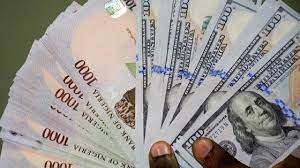


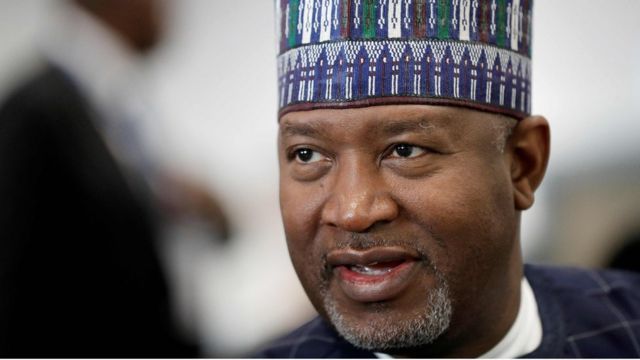
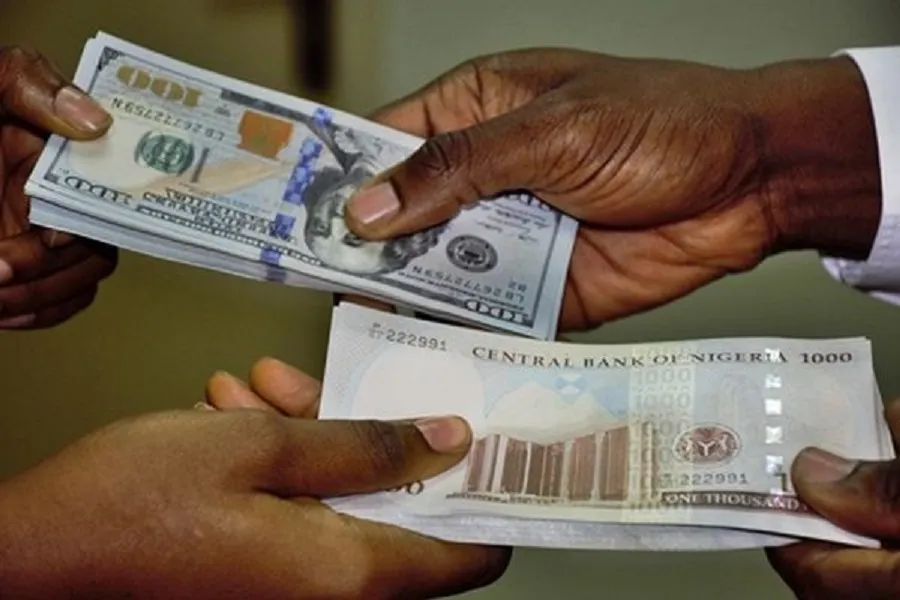

![[TNG NASS Snippets] How Senators, Reps allegedly collected dollars to pass controversial PIB](https://thenewsguru.ng/wp-content/uploads/2021/07/Gbajabiamila-and-Lawan.jpg)
